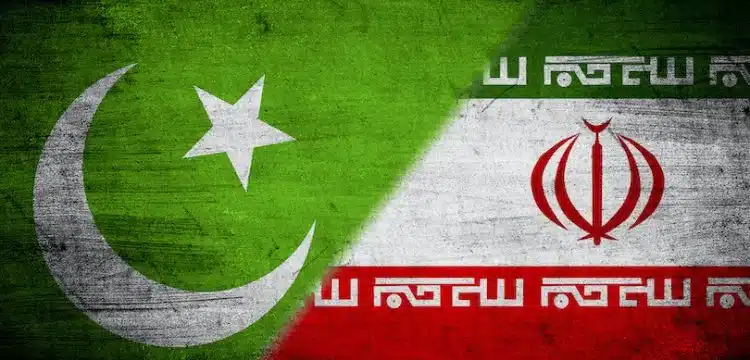[vc_row][vc_column][vc_column_text dp_text_size=”size-4″]
Pakistan and Iran are discreetly collaborating to establish a new mechanism to prevent the recurrence of the recent events that momentarily strained their longstanding relationship, according to official sources. While the two countries have agreed to de-escalate tensions, they are aware of the impact that the tit-for-tat missile attacks had on their bilateral ties. Pakistan is currently assessing the situation and trying to understand the motives behind Iran’s missile strikes. Although the immediate crisis has been defused, it will take some time to fully restore bilateral ties.
The main concern is how the recent crisis might shape the future relationship between Pakistan and Iran. The Iranian missile strikes have significantly strained bilateral ties, and Pakistan is carefully analyzing the situation to comprehend the long-term implications. Despite both countries often highlighting their “friendly and brotherly” relations, there are underlying issues, including concerns about the use of each other’s soil by certain terrorist groups.
Read more : Pakistan And Iran Decide To Ease Tensions In Recent Diplomacy
Both Pakistan and Iran have expressed private concerns about terrorist outfits finding refuge across the border in each other’s territories. Baloch terrorist groups have been a source of tension, with Pakistan pointing to their presence in Iran’s Sistan-Balochistan province, while Iran accuses anti-Iran militant groups of having hideouts in Pakistan’s Balochistan province. The recent cross-border missile strikes exacerbated these existing concerns.
In recent years, both countries implemented measures to address these issues, such as border fencing, improved coordination between border security forces, and high-level exchanges. However, the recent missile strikes rendered these arrangements irrelevant, prompting Pakistan to seek a new arrangement to prevent similar incidents in the future. Proposals include strengthening existing mechanisms for enhanced cooperation in the fight against terrorism and deepening intelligence collaboration instead of violating each other’s sovereignty.
Foreign ministers from Iran and Pakistan have spoken twice since the tit-for-tat attacks, expressing a commitment to work closely on the matter. The two foreign ministers may engage in reciprocal visits to discuss the way forward. Despite the tensions, Pakistan has no intention of escalating the situation, as demonstrated by the National Security Committee’s characterization of the tit-for-tat attacks as “minor irritants.” Iran, too, has toned down its rhetoric, emphasizing its adherence to a policy of friendly ties with Islamabad and highlighting that external enemies cannot strain their cooperation.
[/vc_column_text][/vc_column][/vc_row]











